Atezolizumab Does Not Improve Pathologic Complete Response Rates in HER2+ Early Breast Cancer
Results published in the Journal of Clinical Oncology from a phase-3 trial have shed light on the efficacy of atezolizumab plus neoadjuvant dose-dense doxorubicin/cyclophosphamide-paclitaxel and pertuzumab-trastuzumab in patients with high-risk, HER2-positive early breast cancer.
This novel combination did not increase pathologic complete response rates relative to those treated with placebo in either the intention-to-treat population or among patients positive for PD-L1. The study concluded that pertuzumab-trastuzumab plus chemotherapy remains the standard of care in this patient population.
The double-blind and placebo-controlled IMpassion050 trial evaluated the efficacy and safety of neoadjuvant atezolizumab/placebo in combination with pertuzumab-trastuzumab and chemotherapy in patients with high risk, HER2-positive early breast cancer. This study is the first to report the safety and efficacy of cancer immunotherapy in HER2-positive early breast cancer.
A total of 454 patients were enrolled, all of whom had a primary tumor > 2 cm and histologically confirmed, positive lymph node status. (T2-4, N1-3, M0).
Following surgery, the participants all continued with atezolizumab/placebo plus pertuzumab-trastuzumab, for a total of 1 year of HER2-targeted therapy; those with residual disease could switch to ado-trastuzumab emtansine with atezolizumab/placebo.
Pathologic complete response rates in the intention-to-treat population were 62.7% among patients treated with placebo (143/228), compared with 62.4% for those in the atezolizumab group (141/226; P = .9551). Similarly, pathologic complete response rates among individuals with PD-L1-positive tumors were 72.5% (79/109) in placebo patients and 64.2% (70/109) in atezolizumab patients (P = .1846).
These findings proved consistent across a series of subgroups in both the intention-to-treat and PD-L1-positive populations, including age, race, tumor/nodal staging, and biomarkers (including central HER2, hormone receptor, and PIK3CA mutational status).
On the other hand, pathologic complete response rates were greater in patients with PD-L1-negative tumors treated with atezolizumab than in their counterparts treated with placebo (60.7% vs 53.8%).
Analyses of safety and tolerability found that grade 3/4 and serious adverse events were more frequent in the atezolizumab group than they were among patients in the placebo group. Moreover, all five grade-5 adverse events observed in the study occurred in atezolizumab patients.
“[Pathologic complete response] rates with [pertuzumab-trastuzumab] and chemotherapy were high and in accordance with study expectations; however, addition of atezolizumab did not increase [pathologic complete response] rates versus placebo in the [intention-to-treat] or PD-L1-positive populations,” primary author Jens Huober, MD, of Canton Hospital and the Breast Center St. Gallen, Switzerland, and colleagues wrote.
“Current neoadjuvant [standard of care] for HER2-positive early breast cancer ([pertuzumab-trastuzumab] and chemotherapy) remains valid; further data are needed to clarify the role of cancer immunotherapy in this setting,”
- Huober and colleagues concluded
--
References:
https://ascopubs.org/doi/full/10.1200/JCO.21.02772?bid=183384593&cid=DM10951
https://clinicaltrials.gov/ct2/show/NCT03726879
Disclosures: Authors declared financial ties to drugmakers. See full study for details. IMpassion050 is being funded by Roche.
Photo Credit: Getty Images.
By Michael Vlessides, MD /alert Contributor
.jpg)
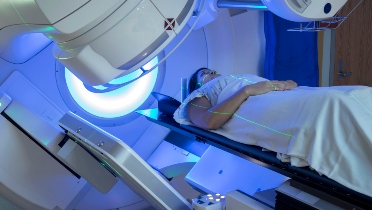
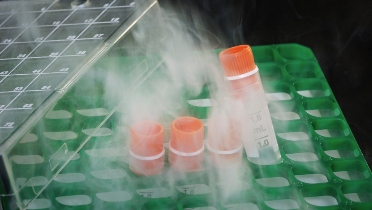





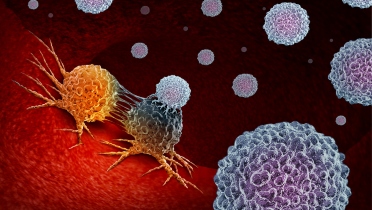




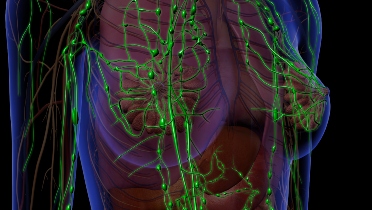

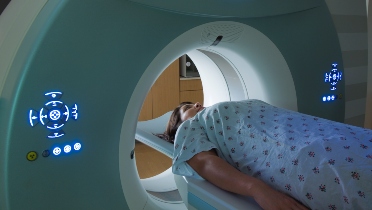
.jpg)
.jpg)
.jpg)

.jpg)
.jpg)
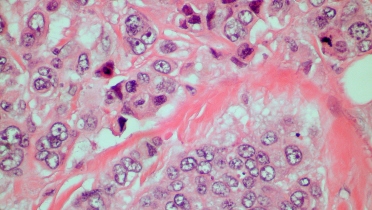
.jpg)
.jpg)
.jpg)
.jpg)
.jpg)
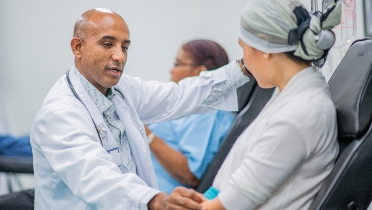
.jpg)

.jpg)
.jpg)
.jpg)
.jpg)

.jpg)

.jpg)
.jpg)
.jpg)
.jpg)
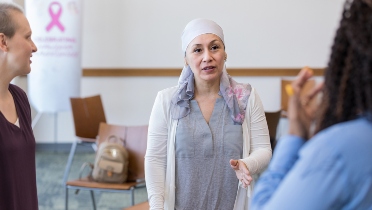
.jpg)
.jpg)
_.jpg)

.jpg)
.jpg)


.jpg)
.jpg)
.jpg)
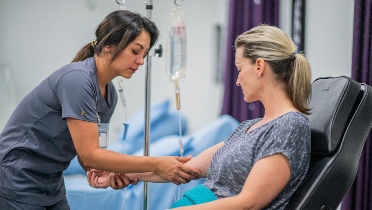
.jpg)
.jpg)
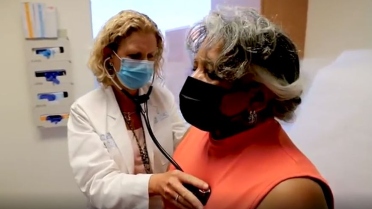
.jpg)

.jpg)
.jpg)
.jpg)
.jpg)
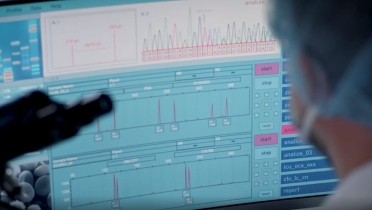


.jpg)

.jpg)

.jpg)
.jpg)
.jpg)
.jpg)
.jpg)

.jpg)
.jpg)

.jpg)

.jpg)
.jpg)
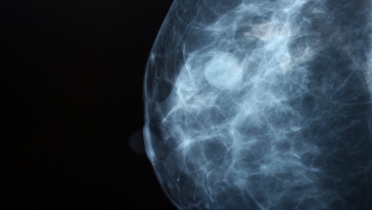
.jpg)
.jpg)
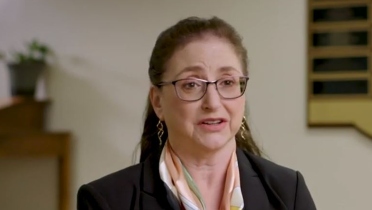

.jpg)
.jpg)
.jpg)
.jpg)
.jpg)
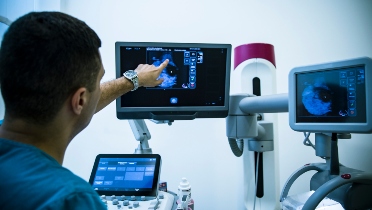
.jpg)
.jpg)
.jpg)
.jpg)
.jpg)
.jpg)
.jpg)
.jpg)

.jpg)
.jpg)
.jpg)
.jpg)
.jpg)
.jpg)
.jpg)
.jpg)
.jpg)

.jpg)




.jpg)

.jpg)
.jpg)
.jpg)
.jpg)
.jpg)
.jpg)
.jpg)
 Featured Breast Cancer Videos
Featured Breast Cancer Videos.jpg)